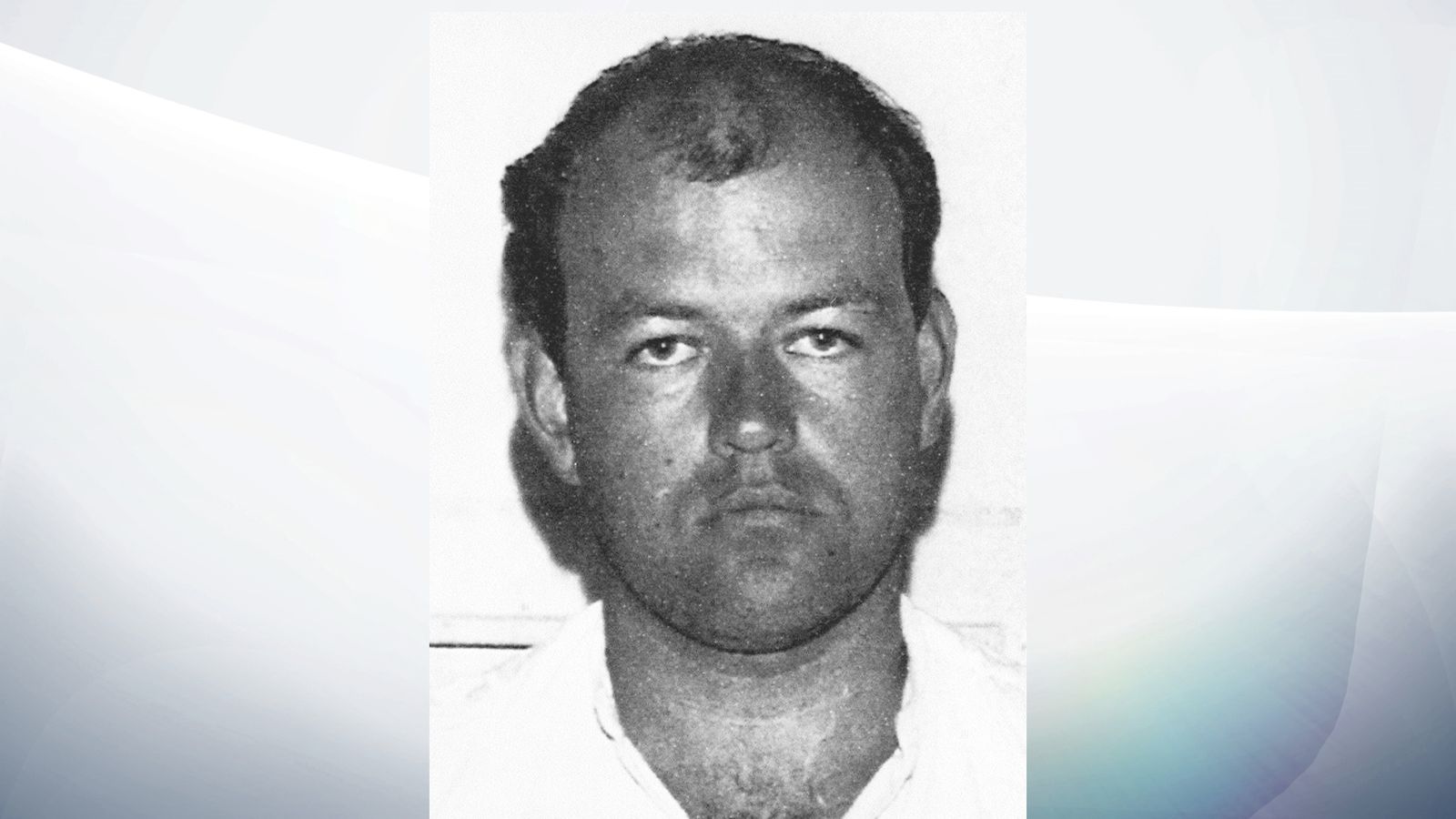Colin Pitchfork, who raped and murdered two schoolgirls in the 1980s, will be released from prison after the Parole Board rejected a government challenge.
Pitchfork was given a life sentence with a minimum 30-year term after strangling Lynda Mann and Dawn Ashworth, both 15, in Leicestershire in 1983 and 1986 respectively.
The government had challenged the Parole Board‘s decision that Pitchfork was “suitable for release” following a hearing in March. But in a statement on Tuesday, the board said the appeal had been refused.
Pitchfork, who is now in his early 60s, was sentenced to life in 1988 after pleading guilty to two murders, two rapes, two indecent assaults and conspiracy to pervert the course of justice.
He was the first person in UK history to be convicted on the basis of DNA evidence.
In 2009, the Court of Appeal ruled he had made “exceptional progress” while in prison and had his term reduced to 28 years, therefore becoming eligible to be considered for release in 2015.
Despite being denied freedom in 2016 and 2018, he was moved to an undisclosed open prison.
The March ruling that he could be released was strongly criticised by his victims’ families and led to Justice Secretary Robert Buckland’s request to the Parole Board.
But their statement read: “The Parole Board has immense sympathy for the families of Dawn Ashworth and Lynda Mann and recognises the pain and anguish they have endured and continue to endure through the parole process.
“However, Parole Board panels are bound by law to assess whether a prisoner is safe to release. It has no power to alter the original sentence set down by the courts.
“Legislation dictates that a panel’s decision must be solely focused on what risk a prisoner may pose on release and whether that risk can be managed in the community.
“As made clear in the reconsideration decision, release was supported by all of the secretary of state’s witnesses during Mr Pitchfork’s review.”
Pitchfork was a 22-year-old married father-of-two when he committed his first murder in November 1983.
His trial heard he left his baby son sleeping in his car while he raped and strangled Miss Mann in the village of Narborough before driving home and putting his son to bed.
Three years later, just over a mile away from the scene of his first crime, he raped and murdered Miss Ashworth, in what a pathologist described as a “brutal sexual assault”.
He initially evaded justice, with a 17-year-old man falsely confessing to one of the murders and one of his colleagues being coerced into taking a DNA test for him.
But after 5,000 men in the area underwent DNA profiling – the first time ever it had been done on such a large scale – he was caught.






















